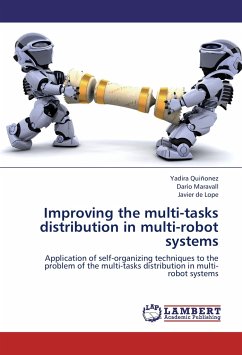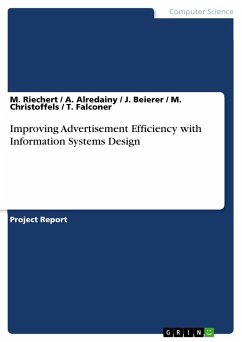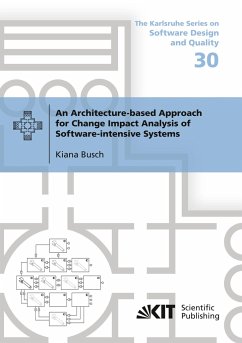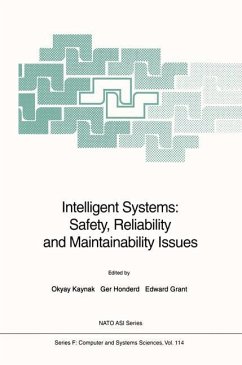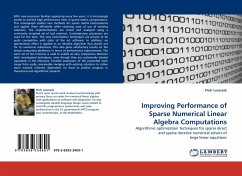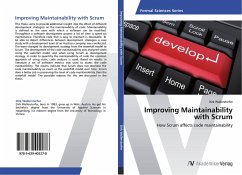
Improving Maintainability with Scrum
How Scrum affects code maintainability
Versandkostenfrei!
Versandfertig in 6-10 Tagen
22,99 €
inkl. MwSt.

PAYBACK Punkte
11 °P sammeln!
This thesis aims to provide additional insight into the effect of different development strategies on the maintainability of code. Maintainability is defined as the ease with which a software can be modified. Throughout a software development project a lot of time is spent on maintenance. Therefore code that is easy to maintain is desireable. To be able to detect differences between development strategies a case study with a development team of an Austrian company was conducted. The team changed its development strategy from the waterfall model to Scrum. The development of the code maintainabi...
This thesis aims to provide additional insight into the effect of different development strategies on the maintainability of code. Maintainability is defined as the ease with which a software can be modified. Throughout a software development project a lot of time is spent on maintenance. Therefore code that is easy to maintain is desireable. To be able to detect differences between development strategies a case study with a development team of an Austrian company was conducted. The team changed its development strategy from the waterfall model to Scrum. The development of the code maintainability was analyzed when using the waterfall model and when using Scrum as development strategy. In order to quantifiy the maintainability of code the common approach of using static code analysis is used. Based on results in literature a set of software metrics was used to assess the code maintainbility. The results indicate that Scrum does not decrease the code maintainability as much as thewaterfall model over time. Scrum does a better job in preserving the level of code maintainability than the waterfall model. The possible reasons for this are discussed in the thesis.



